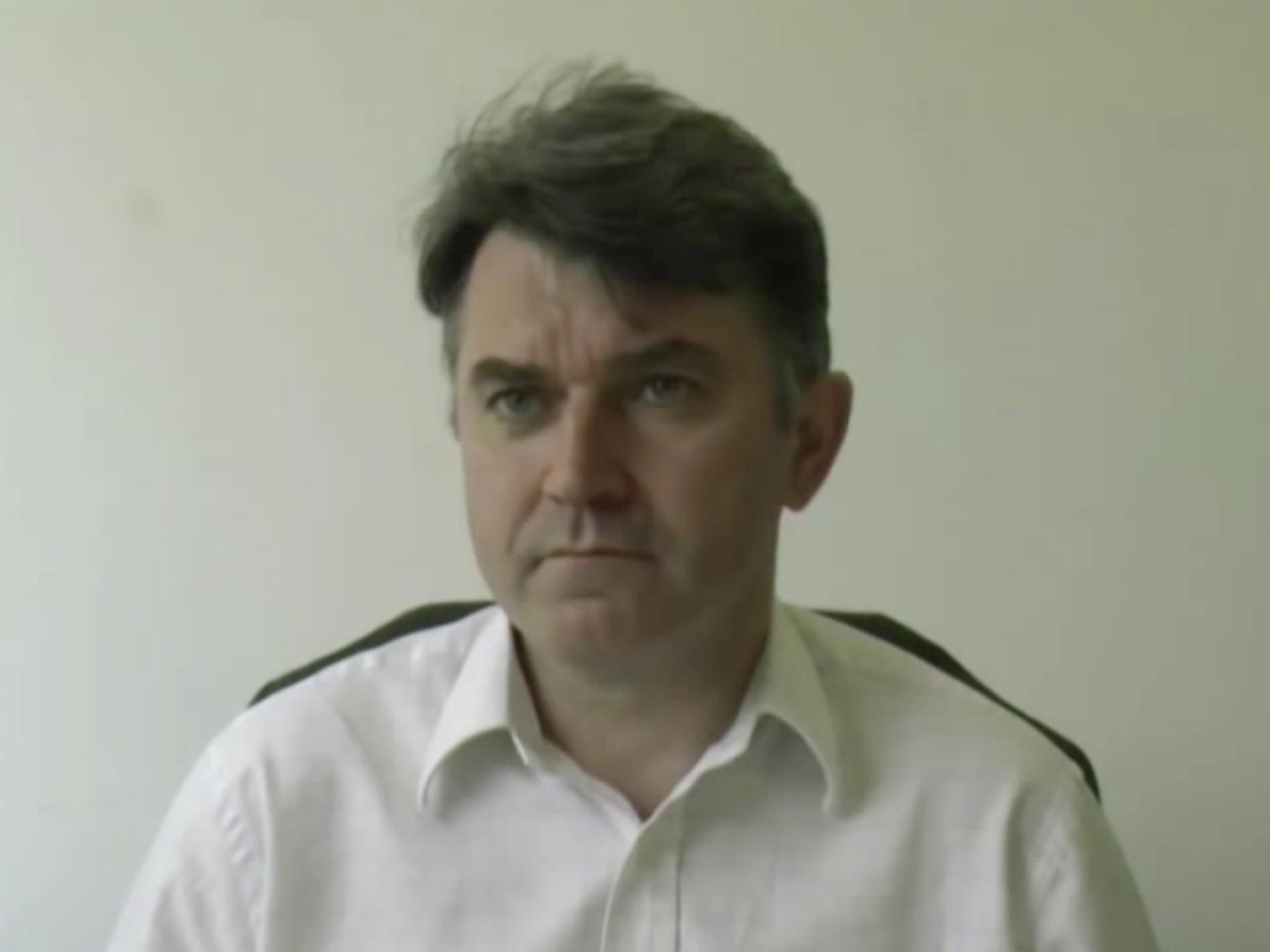Tube strikes: Could the new Bob Crow bring RMT in from the cold?
Mick Cash is seen as a more moderate figure than Bob Crow

Mick Cash, who served for 12 years as deputy to the charismatic union leader Bob Crow, emerged from his shadow this week to act as principal spokesman for striking London Tube drivers.
hose who heard him noted that he lacked Mr Crow’s fiery eloquence – though the message appeared the same: the Rail, Maritime and Transport union (RMT) will fight for its members regardless of whether the travelling public approves or not.
Mr Cash is a more moderate figure than Mr Crow, who was himself less hard-line than some of the other senior union officials. He is temporarily in charge of the RMT until a new general secretary is chosen in September, following Mr Crow’s death from a heart attack in March aged 52.
If he were to win, the rift that caused the RMT to become the first union to be expelled by the Labour Party could possibly be healed. Mr Cash is a Labour supporter, and was a member of its National Executive Committee at the time of the rift, in 2004. To the annoyance of some RMT members, he abstained when the executive voted on his union’s expulsion.
It is also possible – though not certain – that strikes would be rarer if Mr Cash were to become general secretary, rather than acting general secretary. “He was always the type of bloke who would engineer the deal when he could,” a friend said. “Actually, Bob was like that too, but he pretended that he wasn’t.”
It was often said that Bob Crow was more pragmatic than he appeared, but was pushed into militancy by others in the union, notably Pat Sikorski, a revolutionary Marxist who held the No 3 slot in the union hierarchy, but who lost his job after an election in 2012.
His place was taken by Steve Hedley, who is now the second-most senior full-time RMT official, and has been tipped as a potential contender. He is linked to the tiny Socialist Party, created by members of what was the Militant Tendency who were expelled from the Labour Party in the 1980s and 1990s. If Mr Hedley emerged as Mr Crow’s successor, he could expect his personal life to be pored over in harsh detail by unfriendly newspapers. He has been accused of domestic violence by his former partner, a fellow RMT member. He has denied the allegation, and was not charged.
The left’s strongest contender is likely to be Alex Gordon, a Bristol train driver who until recently was the RMT president. In 2012, he ran for a seat in the London Assembly as a candidate of the Trade Unionist and Socialist Coalition, which was set up by the Socialist Party, although he is not known to be a member of any political party. His politics are left of the Labour Party’s however, particularly on the issue of EU membership.
Mick Cash is by far the most experienced potential successor, having been a member of the RMT and its predecessor, the National Union of Railwaymen, since 1978, and having taken part in countless negotiations over pay and conditions. But this is a left-wing union, whose members may well choose the younger, more radical candidate.
Subscribe to Independent Premium to bookmark this article
Want to bookmark your favourite articles and stories to read or reference later? Start your Independent Premium subscription today.

Join our commenting forum
Join thought-provoking conversations, follow other Independent readers and see their replies